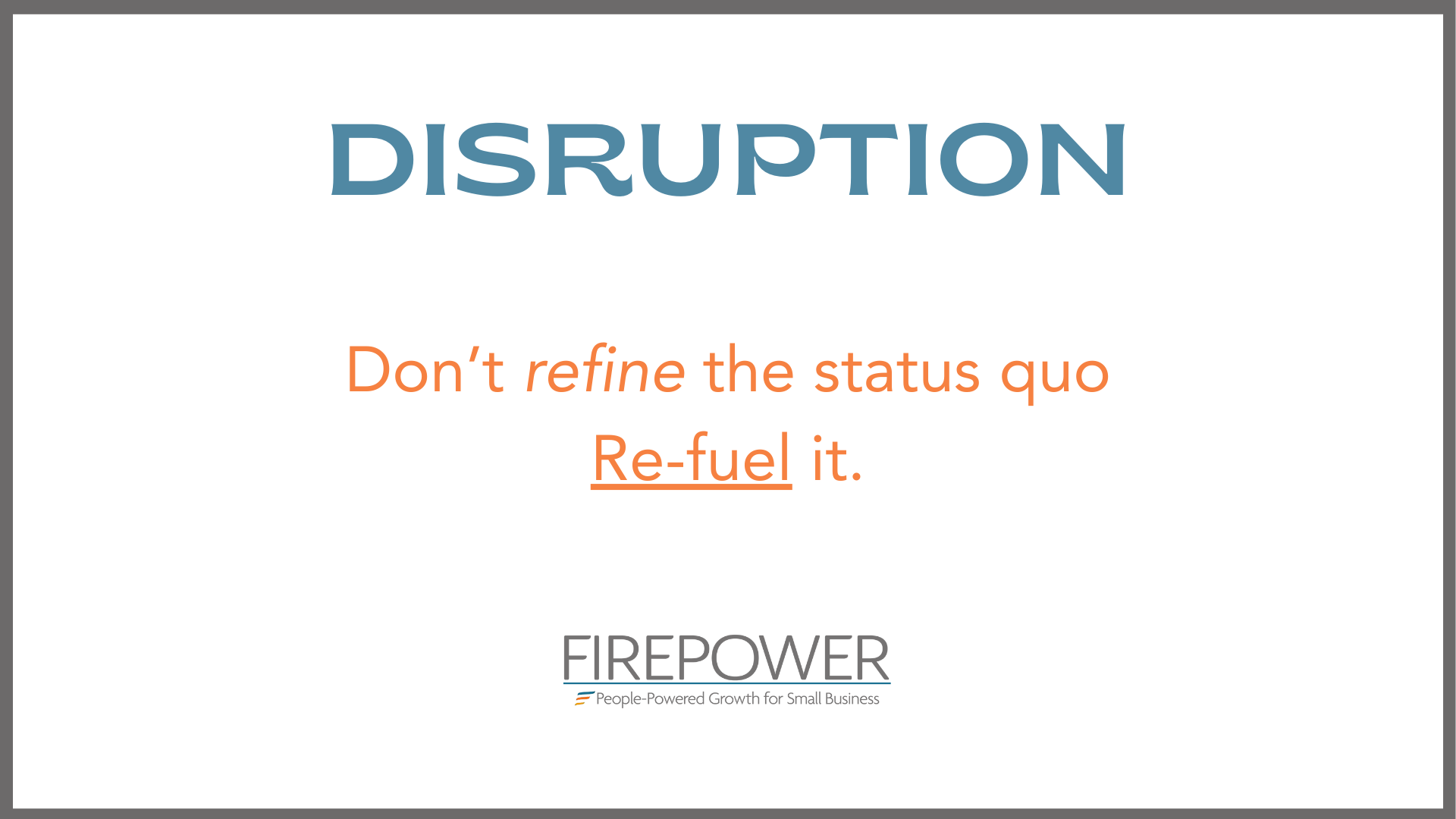Help Your Employees to Know Their Purpose Or They May Find It Somewhere Else!
By Maria Forbes, FIREPOWER Teams
August 15, 2022
Has the pandemic prompted your leadership team to reconsider employee purpose? We have prioritized compensation, well-being, resilience and more, but you mustn’t forget purpose or your employees may be reconsidering YOU.
In a recent McKinsey & Company survey, two-thirds of US-based employees said they expect their jobs to bring a significant sense of purpose to their lives. Employers need to help meet this expectation or be prepared to lose talent to companies that will.
People who achieve their purpose at work are more productive than people who don’t. They are also healthier, more resilient, and more likely to stay with the company. Likewise, when employees feel that their purpose is aligned with the company’s purpose, they are more engaged and have a greater loyalty to their team.
As a company leader you play an important part in helping your employees find their purpose and to live it. And, despite this being an intensely personal topic and somewhat difficult to discuss, if you get this right, you can help your company become a better place to work. Tapping into the immense business potential of a purpose-driven workforce aligned with a purpose-driven organization is central to ongoing success.
But be careful: purpose is not just “another corporate initiative.” You can’t mandate this. While companies and their leaders can have a positive influence on the individual employee purpose, they have limited direct control over it. Small business owners and leaders need to meet employees where they are, to help them optimize a sense of fulfillment about their work.
Individual purpose can be thought of as a ubiquitous sense of what matters in a person’s life; people experience purposefulness when striving toward something significant and meaningful to them. Individual purpose may be unique, part of it comes from forces outside of work and part comes from the work itself.
A small business can influence employee purpose through the company’s role and contribution to society. This includes providing employees meaningful ways to reflect on the company’s efforts in the community and their impact on these efforts. This is the aspect of employee purpose that a company can control. Small business leaders can exert influence by improving the underlying health of the organization and its culture, bolstering inclusiveness and the employee experience, and adapting the work itself. When employees have a sense of fulfillment they feel better aligned with the organization’s purpose.
It takes time to understand precisely how individual purpose connects to what a person wants and needs from work—or how it ties into your organizational purpose and now is the time to start figuring it out. Start by simply discussing these matters with your team openly, honestly, and thoughtfully. By treating this dialogue as the beginning of an ongoing conversation about purpose, meaning, and what your employees want from work, you can help your employees identify and communicate their purpose, and find ways to live it more fully at work—an outcome that will benefit everyone.
Remember that when it comes to purpose, you will have access to only what your people give you access to. Treat these conversations and resulting insights as the gifts that they are, and you’ll increase the odds of seeing more of both.
Introducing individual purpose within the employee experience will take hard work and commitment. However, the more you are able to connect individual purpose to the following areas, the more likely the benefits will lend value to company growth and sustainability.
- Recruiting. Clearly connect the purpose of your organization to the personal contributions an individual role can bring to the company. You will increase the odds of attracting people whose purpose fits well with your organization and the specific work.
- Start new employees off with a plan that enables them to reflect on how their new role and the organization connects with their own purpose. This sense of purposeful belonging begins at the first conversations with the manager and the team. Organizations that invest resources in this process quickly find out that it:
-
- Improves speed of productivity
- Builds strong relationships
- Keeps employees engaged
- Increases employee retention
- Encourages new ideas
- Feedback and performance management. Introducing an employee’s purpose during feedback sessions may even help buffer against the uncomfortable aspects of receiving negative feedback. Try starting a performance conversation with a reflection on purpose and how their implementation of their work represents their purpose and the organizations goals. By purposefully communicating with your employees during their feedback sessions, you’ll be able to navigate roadblocks early on, and get work done more effectively, a benefit to both the employee and the employer.





